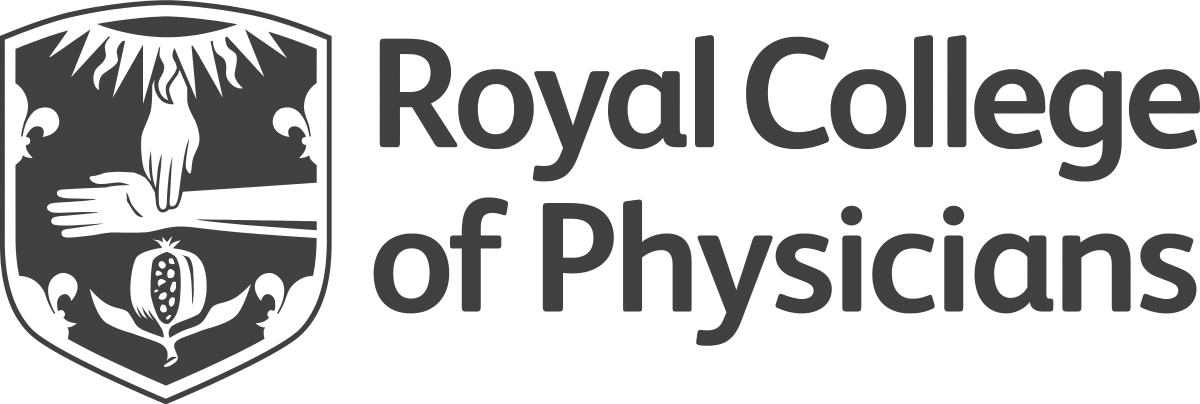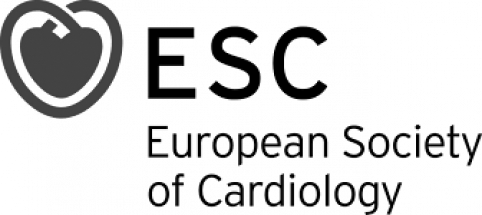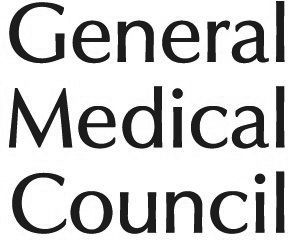Dr Rodney Foale, Consultant Cardiologist
Dr Rodney Foale
Consultant Cardiologist
Dr Rodney Foale MBBS FRCP FACC FESC FCSANZ
Consultant Cardiologist
Dr Rodney Foale
Consultant Cardiologist MBBS FRCP FACC FESC FCSANZ
Recommendations for Dr Foale
These recommendations are for information purposes only. Doctors providing recommendations do so in good faith and are not responsible for clinical outcomes.












Recommended by:
Make an appointment
Address
-
The Harley Street Clinic
35 Weymouth St, Marylebone, London, W1G 8BJ
-
78 Harley Street Consulting Rooms
78 Harley Street, London, W1G 7HJ
-
London Heart Practice
78 Harley Street, London, W1G 7HJ
-
Telephone or video consultation
Virtual
About Dr Rodney Foale
Dr Rodney Foale is a Consultant Cardiologist at The Harley Street Clinic. He has extensive experience in general adult cardiology, with a particular focus on arrhythmia, hypertension, and the percutaneous interventional treatment of coronary artery disease. Dr Foale is highly skilled in performing angioplasty, a procedure designed to open blocked blood vessels in the arteries using a tiny stent.
Dr Foale graduated with Honours from the University of Melbourne, Australia, in 1971. He completed his initial training at St Vincent's Hospital in Melbourne before gaining valuable experience working in rural Madras and Kashmir, India. Following this, he undertook a comprehensive training programme in the UK at the Hammersmith and Royal London Hospitals. He then served as a Registrar at the National Heart Hospital.
Dr Foale further honed his expertise during a two-year tenure at Massachusetts General Hospital in Boston, USA, before returning to the UK to take up a Senior Registrar post at the Hammersmith Hospital in London. In 1985, he was appointed as a Consultant Cardiologist at St. Mary's Hospital, London. He later became the Clinical Director of Surgery, overseeing Cardiovascular Medicine and Intensive Care. Additionally, he serves as the Co-Director of the International Centre for Circulatory Health (ICCH), which supports research at St Mary's Hospital-Imperial College.
Dr Foale's areas of expertise include a range of diseases, medical tests, and treatments such as:
- Angioplasty
- Coronary Angiography
- CT Coronary Angiogram
- Defibrillator Implantation
- ECG (electrocardiogram)
- 24-hour ECG monitoring
- Coronary Artery Disease
- High Blood Pressure
Dr Rodney Foale's extensive training and experience make him a leading specialist in cardiology, dedicated to providing exceptional care to his patients.
Areas of expertise
- Acute coronary syndrome (ACS)
- Adult congenital heart disease
- Angina
- Angiography
- Arrhythmia (irregular heartbeat)
- Atherosclerosis
- Atrial fibrillation
- Bradycardia
- Breathlessness
- Cardiology
- Cardiomyopathy
- Cardiovascular disease
- Chest pain
- Congestive heart failure
- Coronary artery disease
- Dizziness
- Fainting
- General adult cardiology
- Heart attack
- Heart failure
- Heart murmurs
- Heart muscle disease
- Heart valve problems
- Hypertension (high blood pressure)
- Hypertrophic cardiomyopathy
- Interventional cardiology
- Long COVID
- Long QT syndrome
- Loss of consciousness (syncope)
- Low blood pressure
- Oedema
- Palpitations
- Percutaneous angioplasty of coronary artery disease
- Pericarditis
- Primary and secondary prevention
- Pulmonary hypertension
- Supraventricular tachycardia (SVT)
- Tachycardia
- Unstable angina
- Valvular heart disease
- Ventricular fibrillation
- Ventricular septal defects (VSD)
Professional memberships





Articles by Dr Rodney Foale
Development and validation of a new adenosine-independent index of stenosis severity from coronary wave-intensity analysis: results of the advise (adenosine vasodilator independent stenosis evaluation) study
Management of acute coronary syndromes during the coronavirus disease 2019 pandemic: deviations from guidelines and pragmatic considerations for patients and healthcare workers
Relation between coronary artery disease, baseline clinical variables, revascularization mode, and mortality. CABRI participants. Coronary angioplasty vs. bypass revascularisation investigation
Haemodynamic effects of changes in atrioventricular and interventricular delay in cardiac resynchronisation therapy show a consistent pattern
Comparison of exercise echocardiography with an exercise score to diagnose coronary artery disease in women
Dobutamine-induced hyperaemia inversely correlates with coronary artery stenosis severity and highlights dissociation between myocardial blood flow and oxygen consumption
Limitation of coronary reserve after successful angioplasty is prevented by oral pretreatment with an alpha1-adrenergic antagonist
Myocardial beta-adrenoceptor density one month after acute myocardial infarction predicts left ventricular volumes at six months
Assessment of the long-term reproducibility of baseline and dobutamine-induced myocardial blood flow in patients with stable coronary artery disease
 Instant booking
Instant booking











_1645706069235.png)
_1645706121853.png)
_1645706175055.png)
_1645706223553.png)
_1645706314194.png)
_1645706366798.png)
_1645706412790.png)
_1645706487650.png)
_1645706535726.png)
_1645706755464.png)



